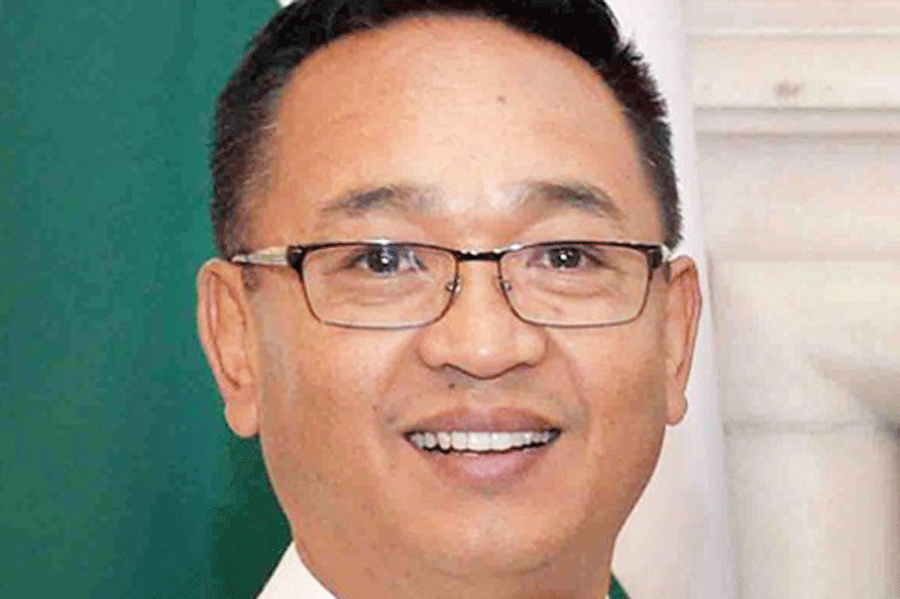A Sikkim government employee belonging to the indigenous communities will be eligible for an additional increment if he or she has three children, the state government has announced in a policy aimed at checking the fall in the local population.
Besides, the employees with two children will receive increments in advance.
The incentives are part of several measures taken by the P.S Tamang (Golay) government to arrest the decline in the population of indigenous communities — numbering at least 12 — in the Himalayan state.
The incentives were announced in a notification issued by the state personnel department on May 10.
Sikkim has a total population of around seven lakh.
“The increment has been announced to encourage people to have more children, which can mitigate the problem of shrinkage in the indigenous population. There is an apprehension that if the total fertility rate (TFR) doesn’t go up, it would eventually lead to loss of culture and language of some of the communities,” said a senior state government official.
According to the notification, state government employees who have Sikkim subject certificates or certificates of identification (CoI) are eligible for the incentive scheme.
The CoI distinguishes old residents of the state from other residents. It helps the old residents avail themselves of government schemes and scholarships, gain access to government jobs and claim certain other rights and benefits.
“Also, the second or the third child should have been born on or after January 1, 2023. In a family, if both the husband and the wife are state government employees and fulfil other clauses, any one of them can claim the advance or additional increment. The scheme is not applicable in case of adoption,” the official said.
Sikkim has around 73,500 state government employees, including those who work in PSUs or on an ad hoc basis.
According to the national health survey, the TFR (the average number of children born to a woman during her life) was 2.75 in 1998-99 in Sikkim. It come down to 1.1 in 2019-20, the lowest in the country.
In 2020, the national TFR was 2.05.
Last year, the state government headed by chief minister Tamang had announced Rs three lakh for women for in vitro fertilization (IVF) and 365 days of maternity leave for female administrative employees to increase the TFR.
Soumen Nag, a social researcher in Siliguri, said such an initiative was necessary to keep different communities alive.
“We have heard about many other communities who experienced similar problems over the years. It is important to ensure that the TFR remains above 2.1, the standard replacement rate for a community to reproduce itself. It is a good initiative,” said Nag.










